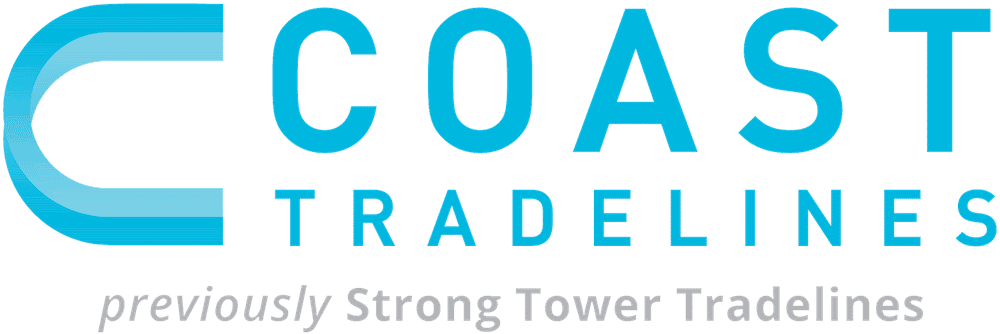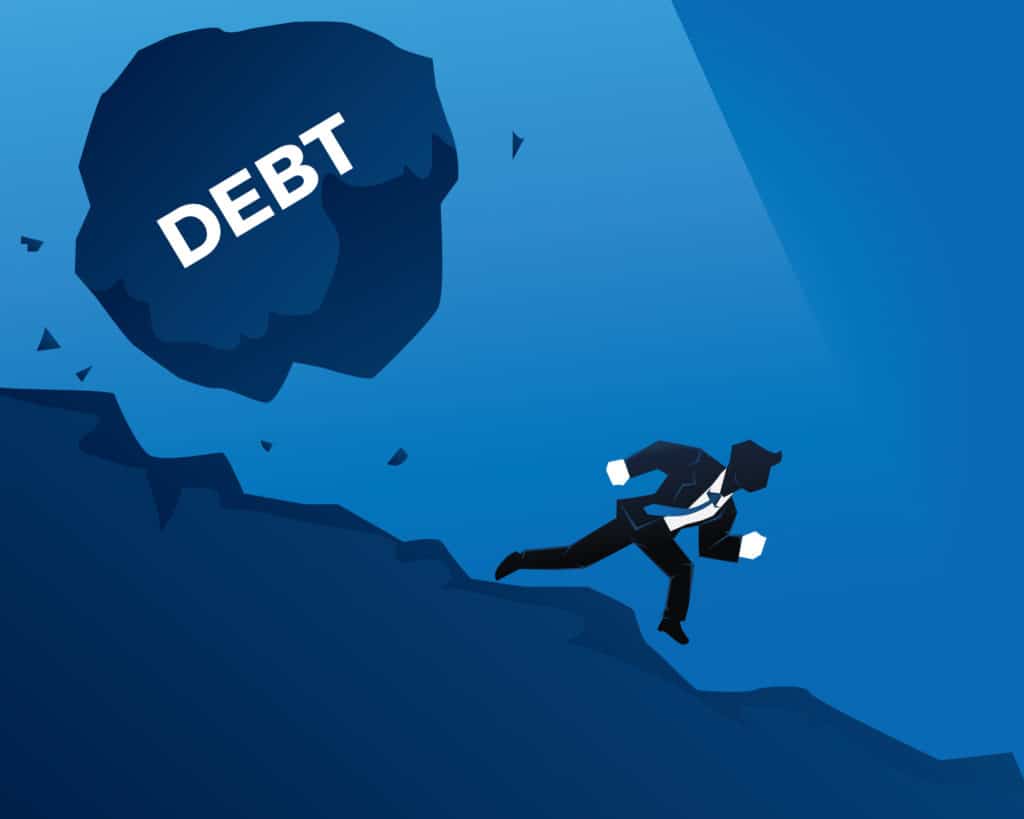No matter your age or background, having an unpaid debt can cause high levels of stress, uncertainty and worry. Between the financial terminology and the continual accumulation of interest, you may feel that you will never be able to get your debt under control. Fortunately, a simple breakdown of your financial situation may help you get a better grasp on debt management and put you back on the path towards financial profit rather than constant loss. We believe that as you learn more about what debt is, you will become better equipped to handle it.
What is Debt?
Put simply, debt is an unpaid balance one party owes to another. If you owe money to someone else, you have an unpaid debt. The longer the debt is left unpaid, the more complicated it is likely to become. If managed wisely, your debt may help you to build credit and show your ability to repay what you have borrowed. On the other hand, a debt that is unmanaged and avoided is likely to become a burden and a financial complication. Taking the time to learn more about your debts is a positive step towards financial control and good debt management. Start by identifying what type of debt you have to know how best to approach your financial situation.
Unsecured Debt
Unsecured debt is one of the easiest types of consumer debt to obtain as it is not backed by a physical asset. By definition, no collateral is required in order to obtain the initial credit. Generally, unsecured debt can be paid back in set increments over time, such as a monthly or bi-monthly payment options. If not paid in full, unsecured debt can often come with high interest costs. This means that a percentage of the debt is tacked on to each payment until the charges are cleared. If you obtain unsecured debt, your lender has the right to pursue repayment after a set amount of time, generally in 30 day increments. If minimum balances aren’t paid, you may find that your delinquency is reported to a credit agency. This can effect your credit score, and may hinder you from obtaining other types of credit. Additionally, your debt may be sold-off to a collection agency to seek repayment.
Common types of unsecured debt may include the following:
- Credit cards
- Student loans
- Medical bills
- Utility bills
Secured Debt
The other common type of consumer debt is called secured debt. In order to obtain a secured debt, a consumer signs an agreement to pay back the balance or loose collateral. The asset used for collateral is typically the item for which the debt is obtained. A secured debt may include the following purchases on credit:
- A car
- Furniture
- A home mortgage
A fixed payment and interest rate will be agreed upon by both parties at signing, and the asset will be used to back the lender in case of the consumer’s failure to repay the charges. This means if you fail to pay-off a secured debt within the terms agreed upon, your lender has the right to repossess the asset used for backing. Additionally, your credit is likely to take a hit if you reach the point of repossession.
Debt Relief
If you find that you are being repeatedly pestered by collection agents, you need to understand your options and how to properly manage your debts. All consumers have rights when it comes to their credit. In order to prevent becoming a part of a scam or falling prey to hasty collectors, start by gathering as much information as you can surrounding your debt. Request verification letters from your collection agency. Compare your documents to the original lender statements to make sure that totals are matching up. Once you can see the bigger picture of what is owed, try to work out a payment plan or pay off the debt completely.
Be mindful before agreeing to a debt settlement option, as this may hurt your credit significantly. Try using a free debt calculator to keep yourself grounded before making a hasty decision to clear your debts. This helpful debt relief tool will give you a bigger picture of when your debts can be paid off. It can set out a roadmap of what steps you should take to speed up the repayment process while giving you strategic ideas for clearing your debits. If the debts are significant enough, you may wish to seek help from a debt counselor. They can help you make a debt payment plan, research your debts and get serious about paying off your balances.
Understand Your Debt for Better Debt Management
Without a plan in place, you may feel like you are shoulder-deep and sinking in your debts. At Coast Tradelines we believe an informed consumer can better utilize their resources to get to a more successful place with their finances. Contact us today to see how you can fix your credit score and get your debt under control.



